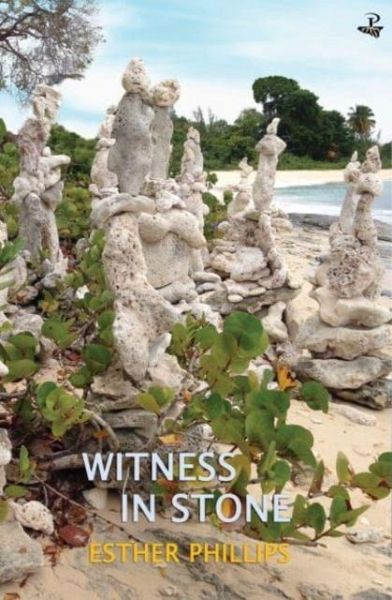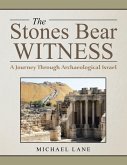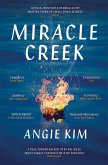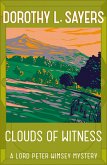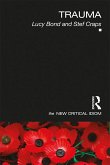This collection explores the fragile territory between remembering and forgetting, both as an individual experience and in the life of a society. If in the end all is subject to "time's slow bleed", these poems enact the capacity of the imagination "to pass through ancient walls" and to reorder failures long gone in time into more hopeful connections. Poems recreate those childhood moments when physical presences, such as the "great house" at Drax Hall provoke the "beginning of poetry", the searching for what is "hidden in the dark", and thence to a grasp of the history that society would rather forget. For while forgetting is human, the collection also explores how amnesia can be cultivated in society as a means of hiding the sources of contemporary privilege and economic power. Poems such as "Canvas" (about the images from English and American magazines that patch up the hangings in an old woman's "tumbledown dwelling") not only picture children "tiptoe at the rim of the world" but, without needing to say it, show those children as far more familiar with Garbo's "bright blue eyes/ and shiny red lipstick" than with the history and meaning of Drax Hall. If there are echoes of Walcott's poem where "all in compassion ends", Phillips is no less compassionate, but much readier to see "History's wound still bleeding / to its last drop" - a wound extending down to a powerful poem in memory of George Floyd. If the collection calls out "Speak, stones, bear witness!", poems also pay tribute to those who in the rural village memorialised the lives of the unconsidered poor, who, like the village historian, Miss Lewis, speaks across the years into contemporary urban life "to remind me who I am". Esther Phillips' poems are always lucid and musical; they gain a rewarding complexity from being part of the collection's careful architecture that offers a richly nuanced inner dialogue about the meaning of experience in time. Not least powerful in this conversation are the sequence of poems about Barbadian childhoods, poems of grace, humour and insight. When Barbados chose Esther Phillips as its first poet laureate it knew what it was doing: electing a poet who could speak truth, who could challenge and console her nation - and all of us.
Hinweis: Dieser Artikel kann nur an eine deutsche Lieferadresse ausgeliefert werden.
Hinweis: Dieser Artikel kann nur an eine deutsche Lieferadresse ausgeliefert werden.

